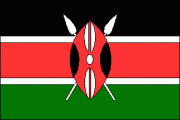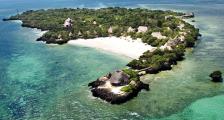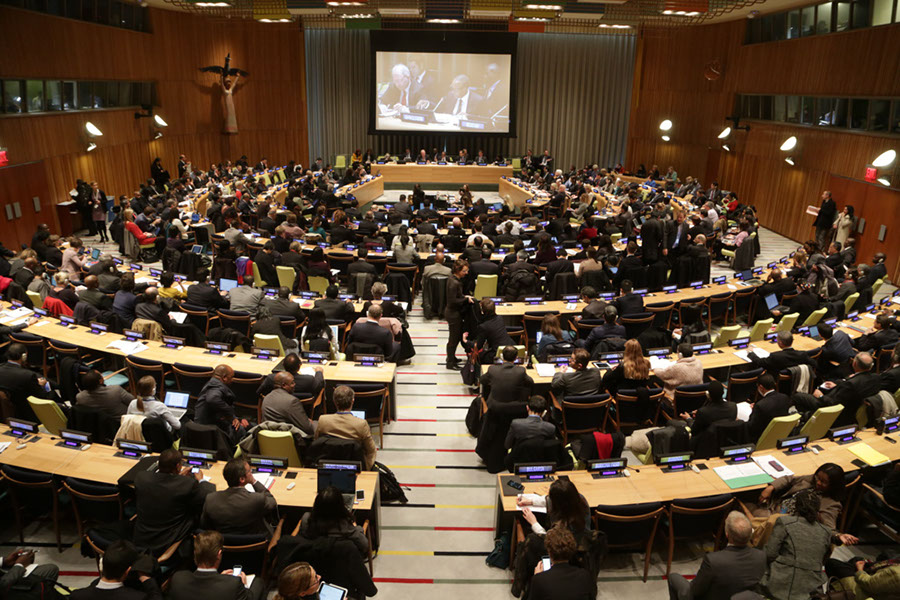
After almost three years of the intergovernmental process which started from the United Nations Conference on Sustainable Development in Rio de Janeiro, Brazil (Rio + 20) in 2012, followed by the Open Working Group (OWG) on sustainable development goals, the United Nations has adopted a new Agenda entitled Transforming Our World: The 2030 Agenda for Sustainable Development.
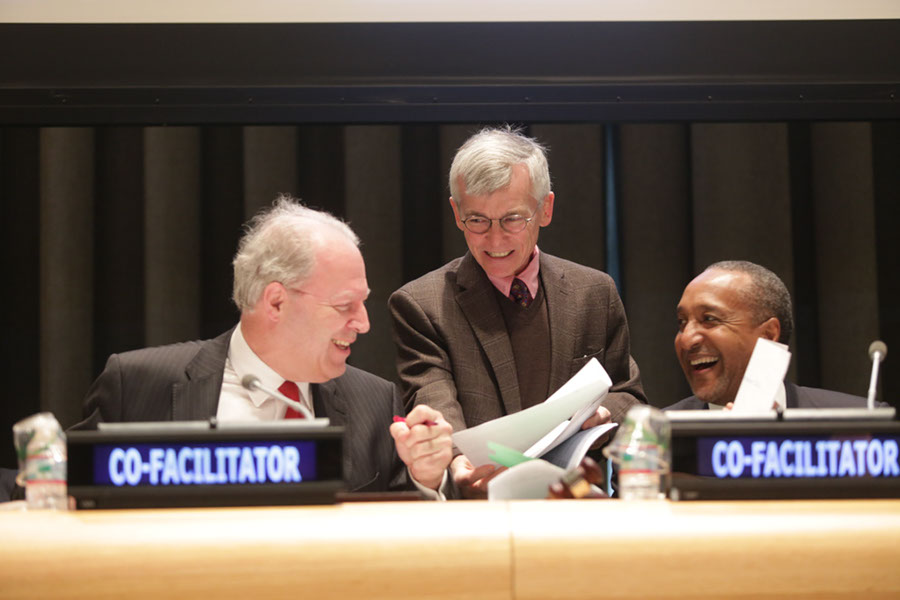
The Intergovernmental Negotiation (IGN) process was led by the Permanent Representative of the Mission of the Republic of Kenya to the United Nations, Amb. Macharia Kamau and the Permanent Representative of the Mission of Ireland, Amb. David Donoghue. This new Agenda will guide the development process for the coming fifteen years after the expiry of the Millennium Development Goals (MDGs) later this year.
The new Agenda is ambitious, seeks to leave no one behind and aspires to transform the world in which we live. It contains a preamble which serves as a communication tool presented under the themes of the people, planet, prosperity, peace and partnerships. These interlinked themes are key to sustainable development. Its overarching theme like the MDGs is poverty eradication which remains the biggest global challenge and an indispensable requirement for sustainable development.
In its scope, the new Agenda is unprecedented and comprehensive as it addresses all the three dimensions of sustainable development in a balanced manner. It seeks to address the economic, social and environmental matters in an interlinked manner and moves away from addressing them in silos as was the case with the MDGs.
This overarching theme of eradicating poverty in all its forms and dimensions is also frontloaded in the declaration which includes other components such as the vision, shared principles and commitments, the situation of our world today, the new agenda, the means to achieve the agenda, follow-up and review and a call for action
The Declaration is the first component of the four components of the new Agenda. The other components are the Sustainable Development Goals (SDGs), the Means of Implementation and Global Partnership and the Follow-up Review. The Sustainable Development Goals comprise of 17 goals and 169 targets developed during the OGW intergovernmental process.
Some key highlights of the new Agenda include an unprecedented ambition dedicated to providing every person on the planet with nutritious food, water, sustainable energy, health care, housing, decent jobs and education. It is people Centred and seeks to safeguard their rights, freedoms and access to information, sustain oceans, forests, agriculture, land ecosystems, and the earth’s climate. It places emphasis on industrialization, building resilient infrastructure, and an inclusive and sustained economic growth.
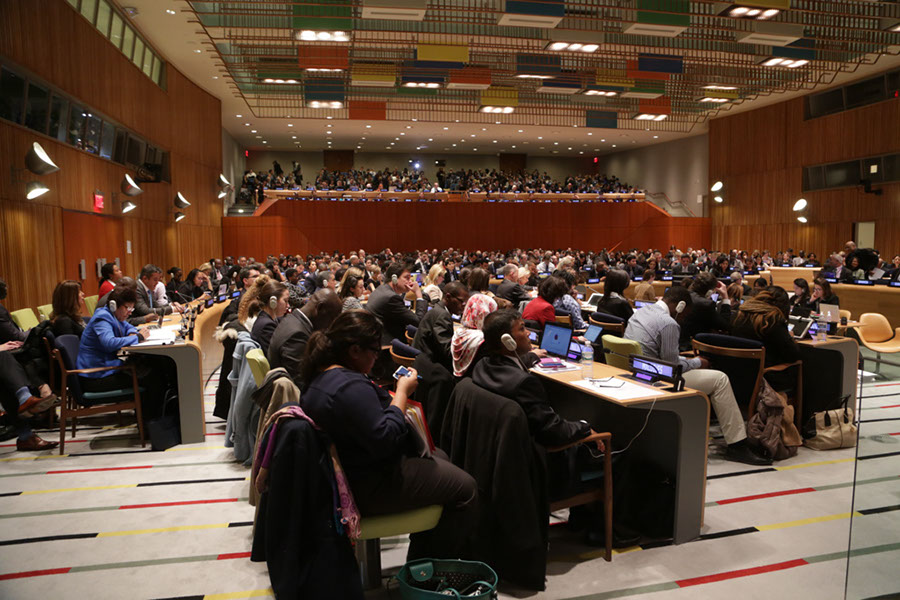
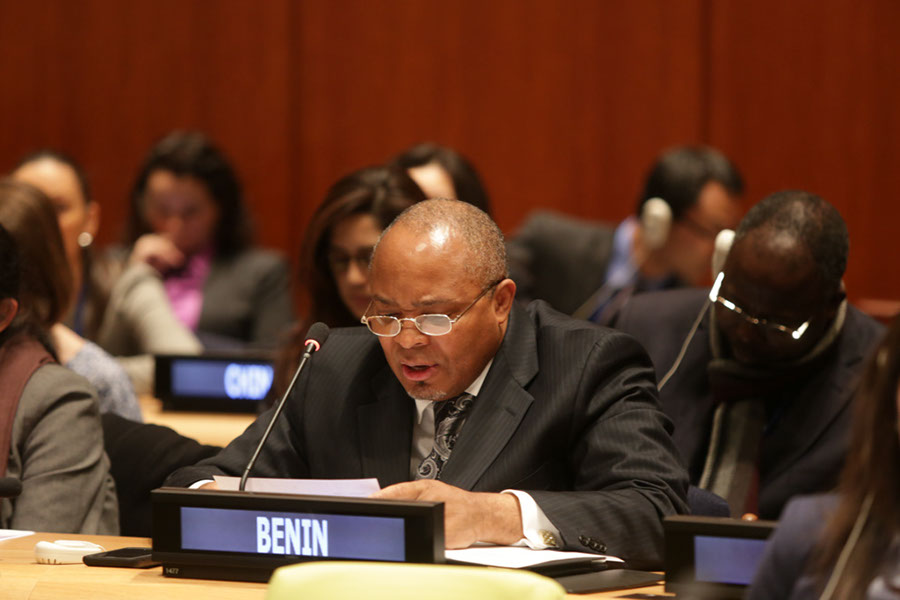
The new Agenda recognizes the means of implementation defined under each goal and those defined under goal 17. This component includes both the financing and non-financing means of implementation. Under the means of implementation, the new Agenda defines the link with the outcome of the Third Financing for Development (FfD) Conference and recognizes its supportive and complementary role as an integral part of the process.
The fourth component contains the follow up and review portion which emphasizes the role of voluntary and state led monitoring and reporting on the implementation of the new Agenda. It identifies three main levels of follow-up as the national, regional and global.
The intergovernmental negotiation process also held sessions to enlist the views from the Civil Society Organizations, major groups, non-governmental agencies and the business community. The agenda will be adopted by the Heads of State and Government during the summit scheduled to take place in September, 2015.

Click here to read the press release
Click here to read the finalised text for adoption

